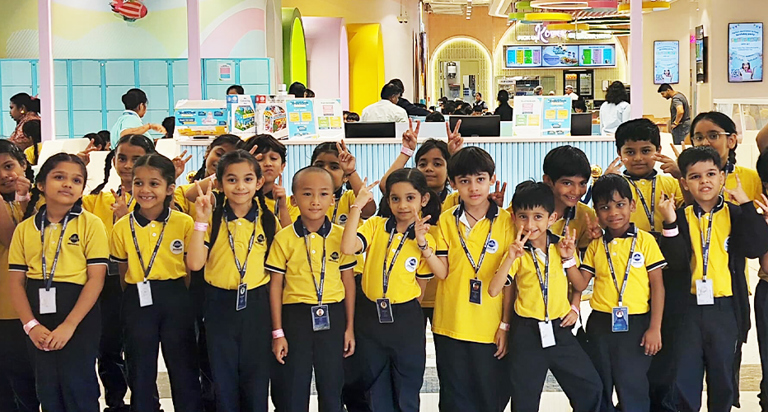
Here’s why stepping outside the classroom can make all the difference:
From nature walks to museums, there are countless ways for children to see how concepts function in real life - building stronger connections to what they learn in school. One of the five importance of field trips is exposing children to different settings that help broaden their perspective.
An aquarium or science center puts the theory from the textbook into the reality of being fun. It's an opportunity for kids to investigate topics like ecosystems, food chains, or local history in an immersive fashion.
Field trips provide students with an opportunity to interact with their classmates in new settings. Solving a scavenger hunt or a group activity enhances their communication and collaboration skills.
Being exposed to new places for school trips and professions often inspires kids to dream big. A visit to a bakery might fan the flames of a budding chef; a day at a science museum could inspire a new-found love for technology or space.
A schedule, keeping track of belongings, and remembering instructions for the group allows for increased opportunities for children to develop responsibility in a safer environment. This is related to all five importance of field trip objectives for student development.
Slight preparations in planning find even more value in organizing fun and educational places for school trips. Be it a parent volunteer or school coordinator, here are some foolproof ways- you can take on planning stress-free:
Engage families in the planning stage
Involve parents early on. Their insights can shape better trip outcomes and ensure smoother execution.
Look for teachable moments before and after the trip
Discuss what a child experiences and let the person give some thought to what he learned. This way, the importance of the five effects of field trips is reinstated.
Volunteer as a chaperone if possible
Your presence ensures safety and provides support for teachers and students alike.
Plan food and hydration
Snacks and water are crucial for keeping energy levels high, especially during longer outings.
Review transportation arrangements
Ensure buses or other transport options are safe, age-appropriate, and timely.
Communicate the cost and what’s included
Transparency helps families plan and contributes to better participation.
Stick to a schedule
Structure the day with a flexible but focused itinerary to get the most from each stop.
Bring all the needed supplies
Essentials like hats, sunscreen, notebooks, and hand sanitizer should be packed ahead of time.
Send out consent forms in advance
Confirm permissions well before the day of the trip to avoid last-minute hassles.